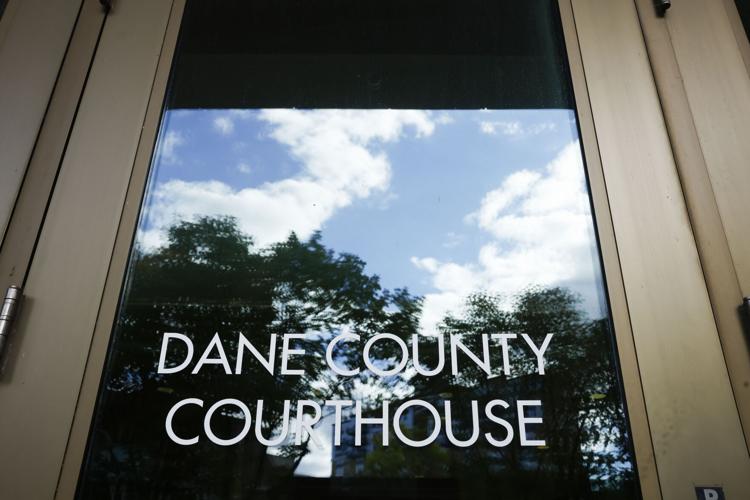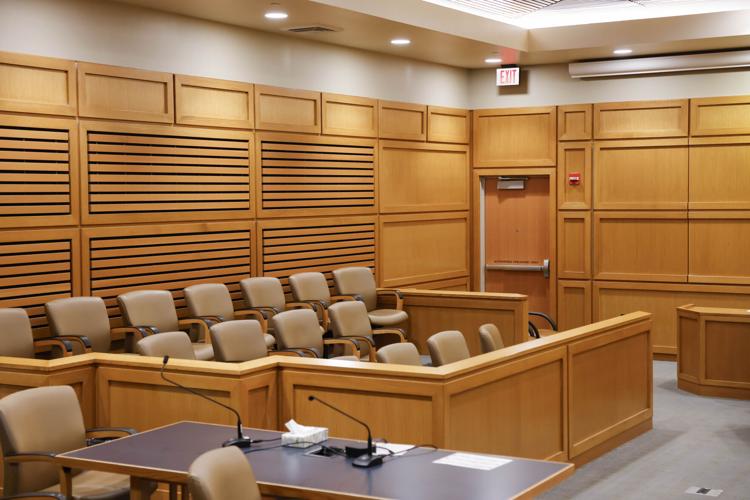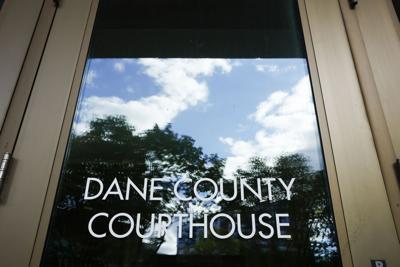When John Gross, a professor at the University of Wisconsin Law School, learned about the Wisconsin law that’s driven a surge in criminal charges over the past two decades, he was bewildered.
State law allows Wisconsin prosecutors to file felony- or misdemeanor-level charges against people for violating a wide range of court-ordered release conditions while cases are ongoing. In most other states, prosecutors may file similar charges only in much narrower circumstances.
Years before moving to Wisconsin to lead a public defender training program at the state’s flagship university, Gross worked as a public defender in New York City from 1999 to 2006. He said charges like the ones being filed regularly in Wisconsin were completely foreign to him.
“I usually had about 100-plus cases at any one time, and I never, ever had a bail jumping charge filed,” Gross said, referring to the statutory name of the charges. “Prosecutors would not use that as a law enforcement tool.”
In the past five years alone, Wisconsin prosecutors have filed bail jumping charges about 250,000 times, according to state court system figures. Over the past decade, bail jumping has become by far the most commonly charged crime in the state.
“I was very surprised that this charge existed in the form that it exists, and it was being wielded the way it was by prosecutors,” Gross said.

In the past five years alone, Wisconsin prosecutors have filed bail jumping charges about 250,000 times, according to state court system figures.
New York law restricts bail jumping charges to situations where people fail to appear in court within 30 days after their assigned court dates. Although New York eliminated cash bail for many cases in 2019, people released before trial are often still subject to court-ordered conditions. Violating those conditions doesn’t lead to new criminal charges, however, unless the person violates a court order to avoid another person. That offense is categorized as criminal contempt of court.
“Most criminal law and procedure across the country is pretty standardized. … You’ll find the same crimes, but they might have a slightly different name or number attached to them,” Gross said. “So I do take notice when I hit on something where I’m like, ‘Oh, that’s not how other people do it.’”
Seven states criminalize violations of release conditions other than failure to appear, according to the National Conference of State Legislatures, a bipartisan organization made up of state legislators. Joining Wisconsin in that group are Alaska, Colorado, Connecticut, Delaware, Illinois and Maine.
It’s unclear how often similar charges are filed by Wisconsin’s southern neighbor. Illinois’ courts system doesn’t publish caseload figures like Wisconsin courts or Minnesota courts that track how often prosecutors are filing certain charges.
Rachele Conant, a public defender in Kane County, Illinois, has practiced law in her state for nearly 30 years. In Illinois, she said, a person can be charged with a misdemeanor for violating conditions of release even though the state eliminated cash bail in 2023. Often, Conant said, multiple violations will result in a single charge.
That’s a different practice than Wisconsin public defenders describe happening here. In Wisconsin, prosecutors may file multiple charges stemming from a single violation if people have multiple pending cases where release conditions apply.
Conant said she sees bail jumping charges regularly but hasn’t seen statistics on how often those charges are filed in Illinois. Sometimes the charges can make clients more likely to plead guilty if they mean having to wait in jail until trial, she said.









